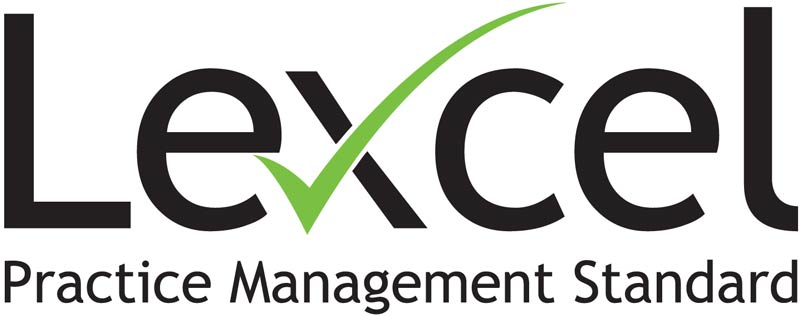This article gives a brief introduction to settlement agreements, what they are for, how they are formed, and some of the key terms.
Reports generally seem to suggest that a considerable number of UK employers plan to make employee redundancies in the coming months. Whether due to COVID, Brexit, or other factors, it seems sensible to assume that this trend might continue into 2021. It is therefore useful for employers and employees to have an understanding of what a settlement agreement is and when they might be used.
What is a settlement agreement for?
Settlement agreements (or “compromise agreements” as they used to be known) are binding contracts between employers and employees that allow for a clean break in the employment relationship. On signing a settlement agreement, the employee waives their right to bring a tribunal claim in return for an agreed payment.
Whilst not used in all redundancy situations, settlement agreements are commonly offered in the following circumstances:
- Where an employee is dismissed for a “fair” reason, e.g. redundancy, but the employer, for a whole host of reasons, may want to make sure that the employee is not going to bring a claim;
- Where an employer decides, for whatever reason, that they no longer wish to work with an employee but do not wish to follow the normal employment law procedures for dismissal; or
- Where an employment tribunal is imminent or threatened, and the parties agree on an “out of court” settlement deal.
How is a settlement agreement formed?
Settlement agreements must be made in writing. Usually, a settlement agreement will include a payment to the employee, and will often also include an agreed reference for the employee to use moving forward. It is important to remember that settlement agreements are voluntary, and an employee should not feel pressured into signing one.
The employee considering a settlement agreement must seek legal advice, but the solicitors’ fees are usually paid by the employer. It is important to be clear on this point from the outset though and find out what contribution the employer is prepared to make.
Settlement agreements normally contain a number of “standard” provisions. Whilst the wording may differ slightly, common terms include:
- Usually, the employer will agree a sum of money towards the solicitor’s legal fees of the employee.
- Confidentiality in respect of the terms of the agreement and/or any confidential information arising out of the employment.
- A requirement for the employee to indemnify the employer against any tax risk.
- The “waiver” clause setting out a long list of potential claims that the employee may have.
- A clause requiring one or more of the parties not to speak damagingly about the other party.
- Confirmation that statutory requirements have been complied with.
- Terms relating to payment of the money.
- Settlement agreements often refer to “ex gratia” payments. These are payments which are gratuitous and can sometimes be paid gross without the deduction of tax.
- A reference clause stating how the employer will respond to reference requests from potential new employers of the employee.
- A repayment clause if the employee breaches the settlement agreement (for example by bringing a claim for one of the waived claims).
- Warranties that the employee has not previously acted in breach of contract.
- A declaration for the employee’s solicitor to sign stating that the employee has been independently advised.
Tax and settlement agreements
How settlement agreement payments are taxed depends on the basis on which they are paid.
Generally speaking, the first £30,000 compensation for the settlement is tax free, but this does not apply to all types of payment, and taxation will differ according to a range of considerations. From the employee’s perspective, it is important to understand their tax liability, as it can be substantial if mistakes are made.
Contact us for Settlement Agreement Legal Advice Hampshire
The employment solicitors at Scott Bailey LLP can advise on which terms are fair and appropriate. Whether you are an employee requiring legal assistance with regards to a settlement agreement with an employer, or an employer considering dismissing an employee, we can help.
Settlement agreements allow an employer and employee to end their relationship without involving the employment tribunal. It is important, if your employer presents you with a settlement agreement, that you seek expert legal advice before agreeing to the terms. The conditions could be unfair to you and could place you in a difficult situation. Our employment experts regularly work with employees who are concerned about the terms included in their settlement agreement by their employers. Our role is to put you at ease, providing quick, straightforward advice on how we think you should proceed. Where we believe the conditions are not good enough, we will negotiate a better deal with your employer.
Scott Bailey LLP is a law firm based in Lymington and serving the New Forest, New Milton, Christchurch, Southampton, Bournemouth, and further afield. Our commercially minded solicitors regularly provide expert advice to individuals and businesses on employment law issues, and we are proud of the strong, long-lasting relationships we have with our clients.
If you would like to read further information, ACAS has provided useful introductory guidance on settlement agreements here.
If you are ready to speak to a solicitor for settlement agreement legal advice for employers or employees, please contact Ben Ironmonger.










